Tour Missouri through the eyes of 10 poets in new anthology
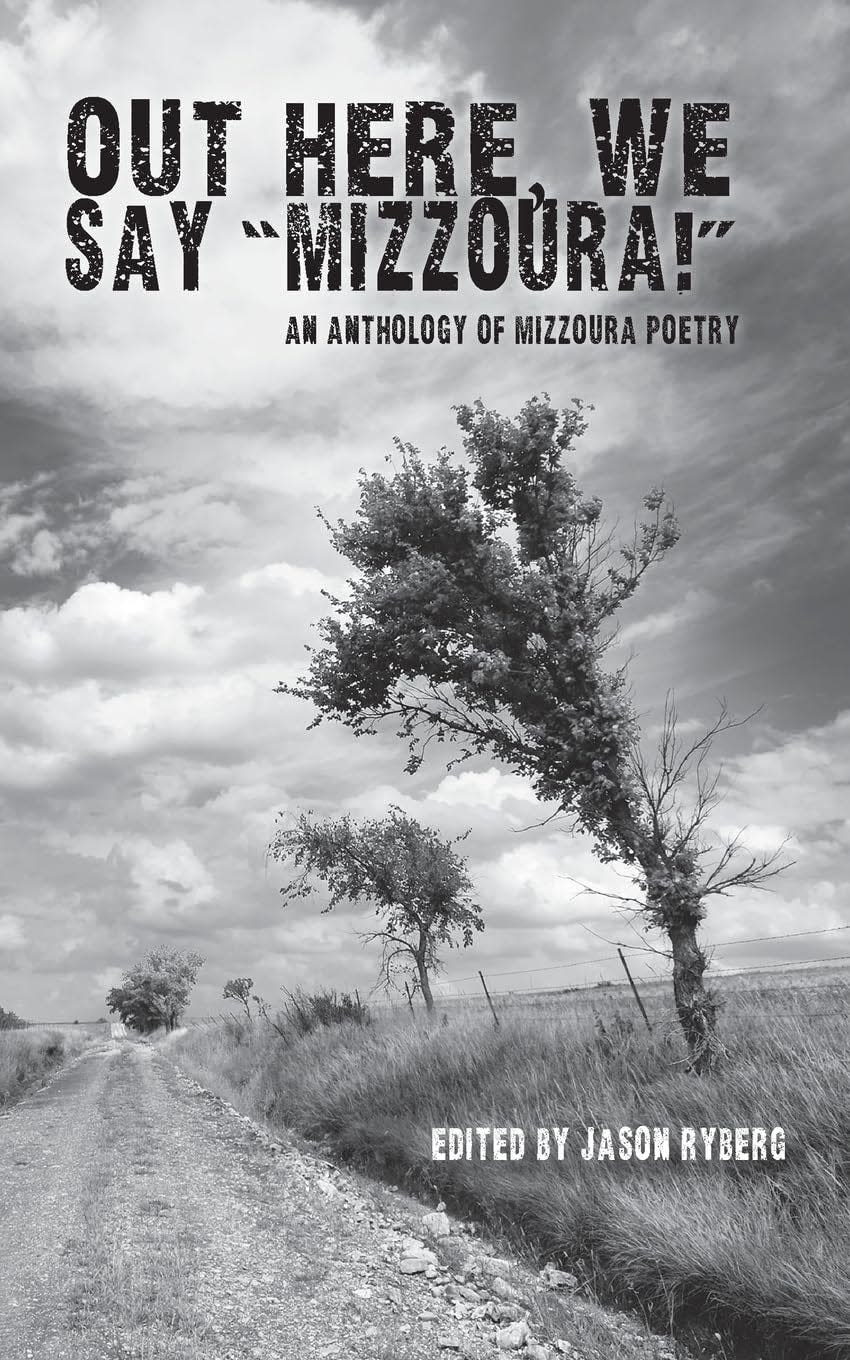
Set your ear to the ground anywhere in Missouri, quiet your breathing long enough, and you'll hear a poem taking root.
This reality is confirmed by a recent anthology which spans the state, showing a wonderful sliver of the poetry our neighbors are producing.
"Out Here, We Say 'Mizzoura!'" comes via Kansas City-based Spartan Press and is edited by Jason Ryberg, with an assist from recent state poet laureate Maryfrances Wagner. The collection showcases 10 Missouri poets and not in cursory fashion; the book goes deep into each artist's work, until readers internalize their timbre, their rhythms, their concerns.
Here is a brief glance at each poet in the collection, and a sample of what makes their work so special.
Erin Adair-Hodges
Missouri home: The widely-published poet and fiction acquisitions editor lives in Kansas City.
Highlights: Adair-Hodges beautifully mingles what's real and what's observable — and shows how they're not always one and the same — in a poem like "My New Boss Has Been Thinking a Lot About Time," where the boss in question makes a clock of his face and a consolation from his words. The speaker of "After Ever" lives like a mythic siren and builds bridges "entirely out of the sound / of Czech violins tuning / on an October night, winter / announcing its crisp intentions."
Poems like "Unmappable" and "Midlife/Midwest" pull the reader into setting, just the way "Kansas coos me into its wheat" in the former's opening line.
Daniel Biegelson
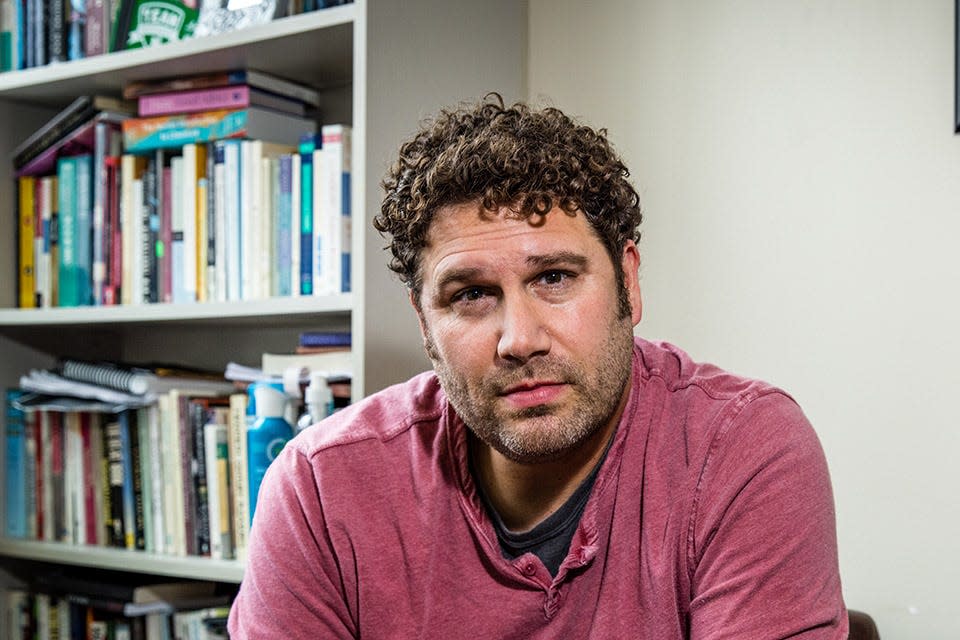
Missouri home: Biegelson lives in the Kansas City area, where he teaches, directs the Visiting Writers Series and edits at Northwest Missouri State University in Maryville.
Highlights: Embodied existence feels like a miraculous burden in the poet's "Neighbors (I)," as Biegelson gently pushes the motion of this moment and the next:
"Replace I with you. Replace clouds with branches. / Exculpate my heart. Replace my heart with another organ. / The eyes. With iris aperture. Or. Hear the body with the / body."
And "Sand Soda Ash Limestone" sends thread through a similar needle, as Biegelson considers the resemblance of a word and a seed, the common passing of their life cycles.
Sara Burge
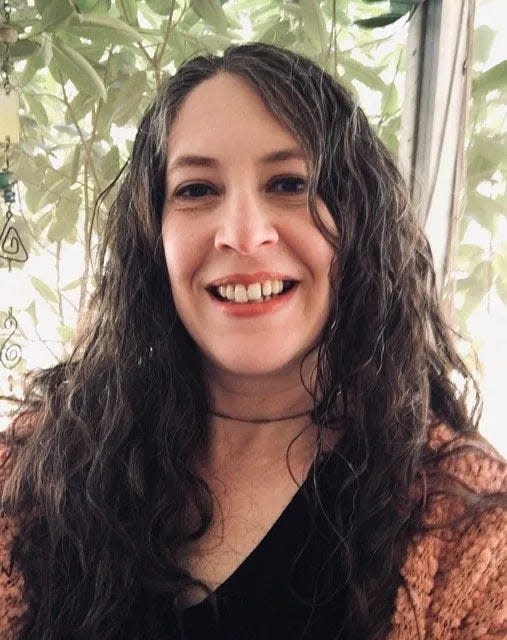
Missouri home: Burge teaches at Missouri State University in Springfield, and serves as poetry editor of the excellent Moon City Review.
Highlights: Burge models a manner of seeing, even through violent veil, in the evocative "I took the gun from my mother's hand"; and, with this rare vision, she pierces a too-close domestic incident in "The neighbor's drunk again" with phrases like "perpetually howling for love" and the lines "An ambulance at the neighbor's again, / the third time this month. / Its siren splits the neighborhood. / Its lights like comets."
Burge's coda to "The Valley, The Shadow" will crack you open with its hard-earned expressions of love and grief.
Marcus Cafagña
Missouri home: Cafagña also teaches at Missouri State and owns a long string of Pushcart Prize nominations, among other honors.
Highlights: The poet reveals custom and character through the little things, as when he writes "My father spoke of suits / in hushed tones, / himself a connoisseur of the Salvation Army downtown" in "Suits" or considers trauma through skin and garment in "Something Faithful."
Dark and devastating already, "Gloomy Sunday" moves from a too-late harrowing of basement hells to an epiphany unable to account for who's living and who's dead, joining "the dolorous wind," a radio station that "wakes me / from a bathroom floor in Pittsburgh" and "the voice of an angel / blown to dust."
John Dorsey
Missouri home: Dorsey is the first and former poet laureate of Belle, and a prolific presence on the page.
Highlights: Dorsey creates the voice of a 21st-century Beat in poems like "East Coast/West Coast, in Southern Missouri," where he both excavates the deeper meaning of cultural symbols and reframes our existence in phrases like "always in a rivalry / with possibility." As Midwestern as they come, "Passing through Leadwood" rides the line between revelry and lament: "fueled by wonder bread & poison / sad songs about tradition & empty storefronts."
Poems like "Easy on the Eyes" and "A Collect Call to Coyotes" mingle a sort of plainspoken sensuality with the stamp of memory and absurdity of modern living.
Justin Hamm
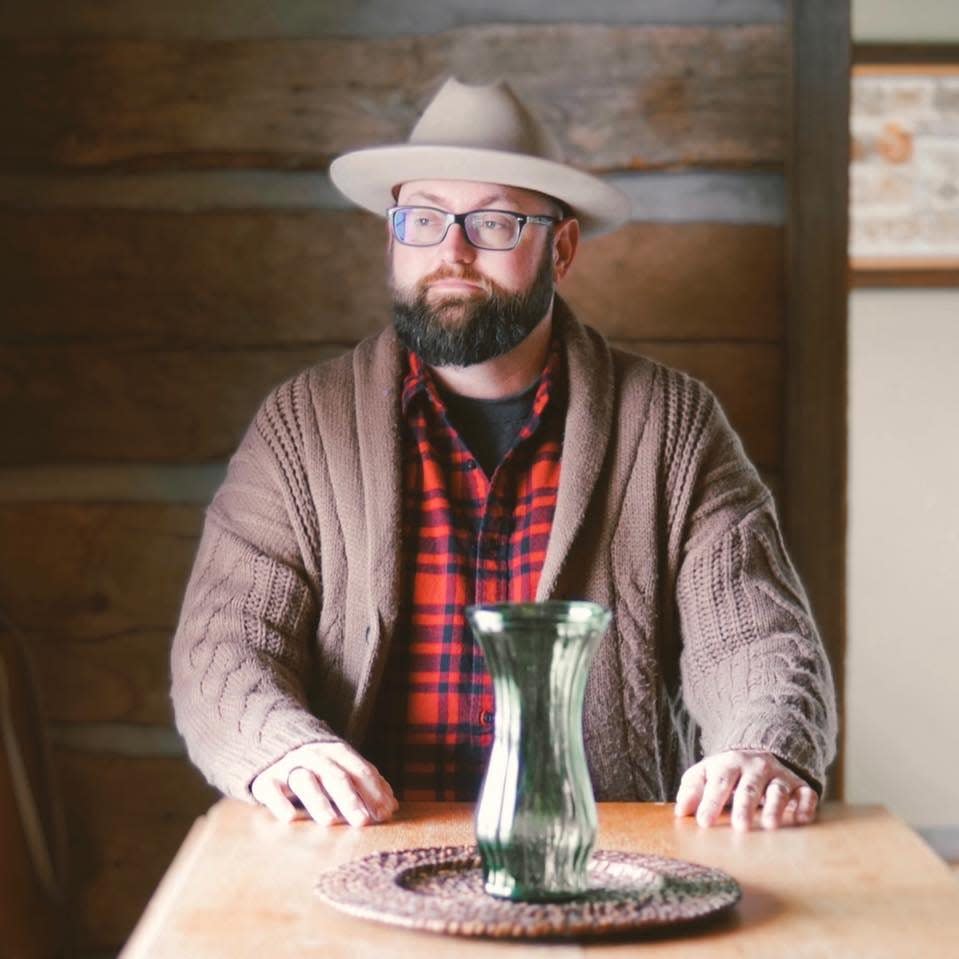
Missouri home: A mid-Missourian, Hamm lives in Mexico where he writes, edits, and furthers the delightful Poet Baseball Cards project.
Highlights: Hamm wraps his poems in an affection for the Midwest and tunes an ear to its music. "Suburbs, Small Town Missouri, Fifth Day of Protests" doubles as a not-insincere slice of life and implicit protest poem, while "Storm, Rural Missouri" delivers gorgeous, resonant images like barns as "immutable as weathered grey monks." ("Here, every storm is forty nights / from stating the profound," he writes later.)
Hamm plays it comical and tender in the span of a few lines, chasing the title "The Smallest Crowd Ever to Attend One of My Readings" with this stanza:
"was a lone grandmother in futuristic spectacles / who I worried had wandered in by mistake. / But she was a keen listener who sight and placed / her hand to her chest at all the right moments. / God bless her."
Marianne Kunkel
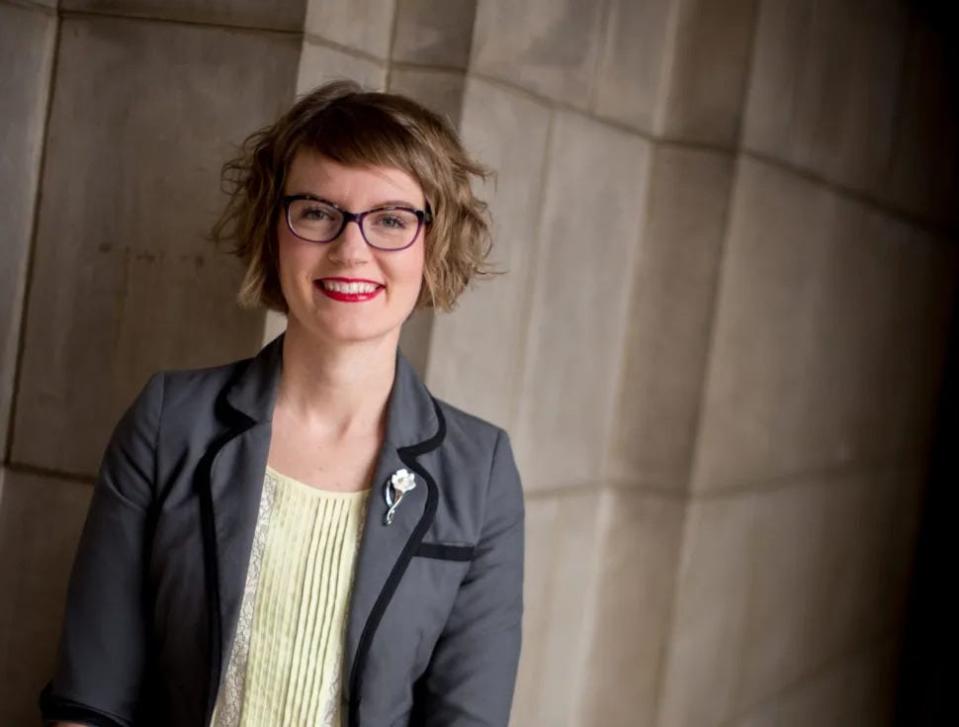
Missouri home: Kunkel is a professor and editor uplifting the Kansas City scene through work at Johnson County Community College and several area publications.
Highlights: In poems like "Salvation," Kunkel soulfully, firmly shakes loose places where the American dream and our civic religion meet ("God would be waiting on American soil to cleanse all heavy hearts," she writes, relaying a sort of prophecy her family followed).
"The Carpool Year" twines in knotty fashion the lives of Mexicans and Americans sharing a church, and details how the expected faithful falter all the time; and "Reverence" is worthy of the canon of poems claiming and questioning everyday forms of prayer.
Andrés Rodríguez
Missouri home: The Kansas City native has been published deep and wide.
Highlights: The music, literal and otherwise, of Rodriguez's work comes through poems like "Cicadas" where he likens the insects to "old pipers wheezing the same / crazed note between catches of breath" and digs around the drone of their "underground music."
The poet's verbs carry great freight, as in the opening of "Everything is Dark" ("Here in Nogales everything totters"). And the early lines of "North" form something like a revelry for those who migrate: New York City delivery boys, generations of Mexican families, the still-wandering ghosts of dearly departed fathers.
Mary Silwance
Missouri home: Silwance writes and teaches across the Kansas City area, with an abiding interest in ecology and spirituality.
Highlights: Glorious and earthy, "what will be" underlines the slowing of late year as the poet navigates November, working "fast / against nearing dusk / the sky charcoal streaked / releasing stalks from stakes / vines collapse ..."
An inner monologue set against a yoga class, "Monkey Mind" tries to find holiness in our common consumer culture: "our teacher, Gumby, / voice satiny from weekend trainings / instructs us to imagine / our bodies melting into / welcoming earth's warm embrace."
Jordan Stempleman

Missouri home: Stempleman teaches at the Kansas City Art Institute and has signed his name to nine poetry collections.
Highlights: Stempleman nimbly marries the elemental and existential with lines like "I will later, much later, / be identified as the one who liked to run the weather" (from "Canned") and "If the question is: snow or rain, I hope you'd say: / another" (in "Delays").
The poet turns his phrases by enough degrees to always brush the specific and the universal, to keep readers connected and cause them to reexamine their connections ("The sound of rain was the sound of rain / on mushrooms," he writes in "For Us All").
Learn more about "Out Here ..." and other Spartan Press titles at https://www.spartanpresskc.com/.
Aarik Danielsen is the features and culture editor for the Tribune. Contact him at adanielsen@columbiatribune.com or by calling 573-815-1731. He's on Twitter/X @aarikdanielsen.
This article originally appeared on Columbia Daily Tribune: See the Midwest and more through eyes of 10 Missouri poets in new book

